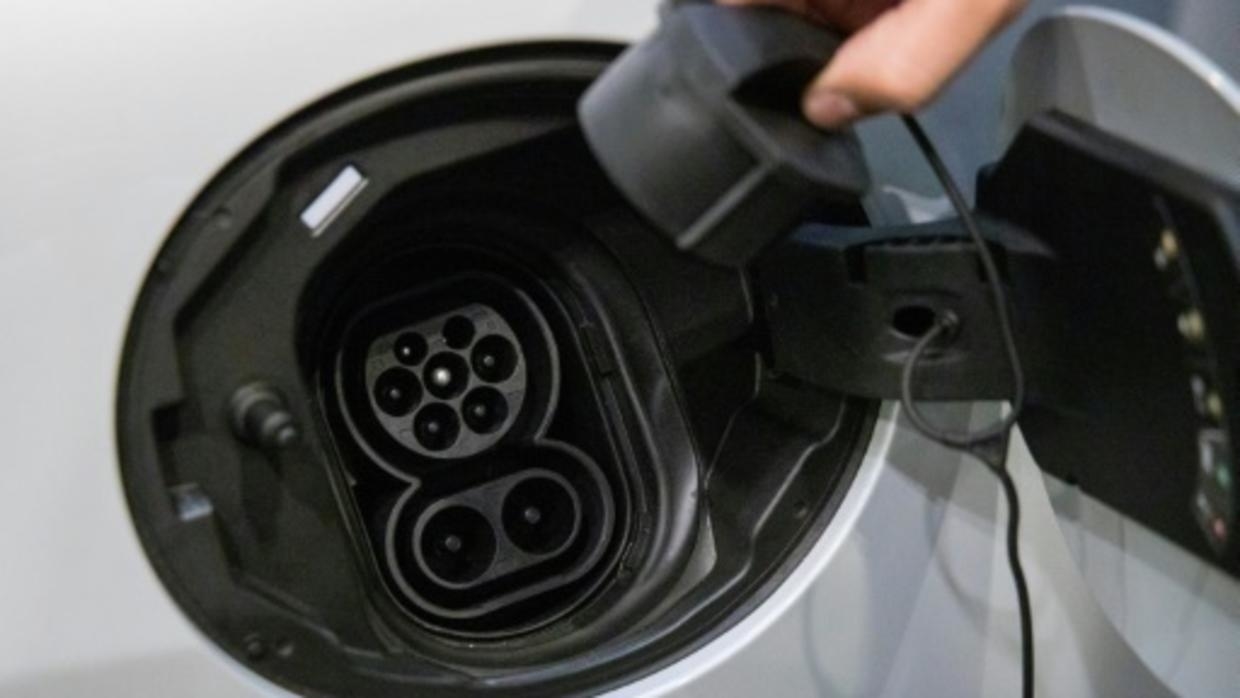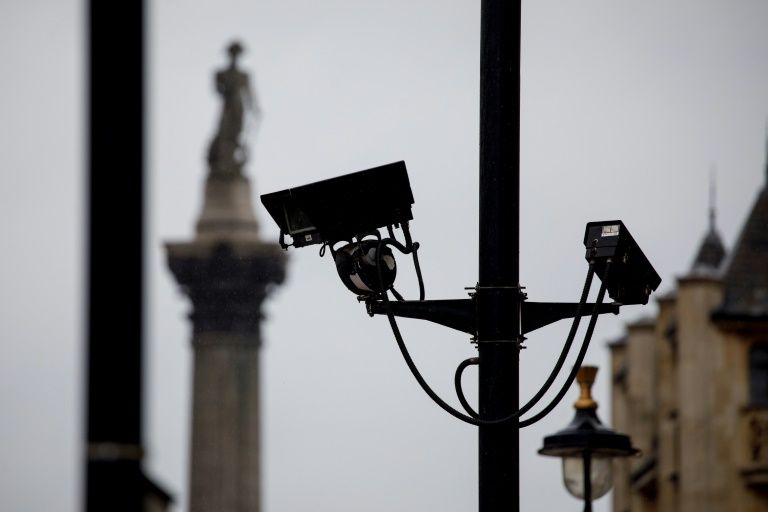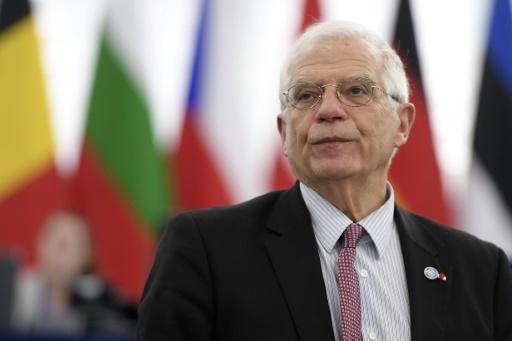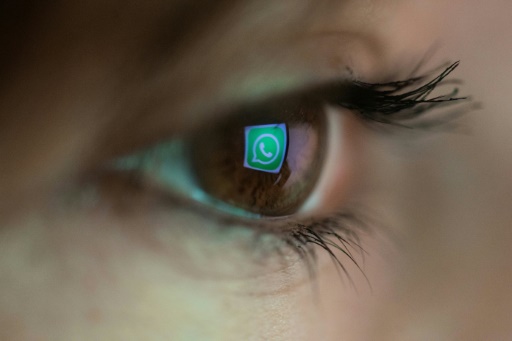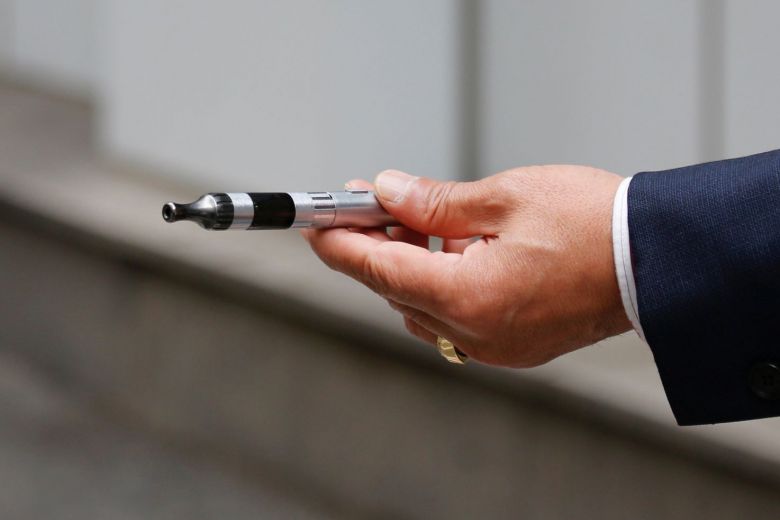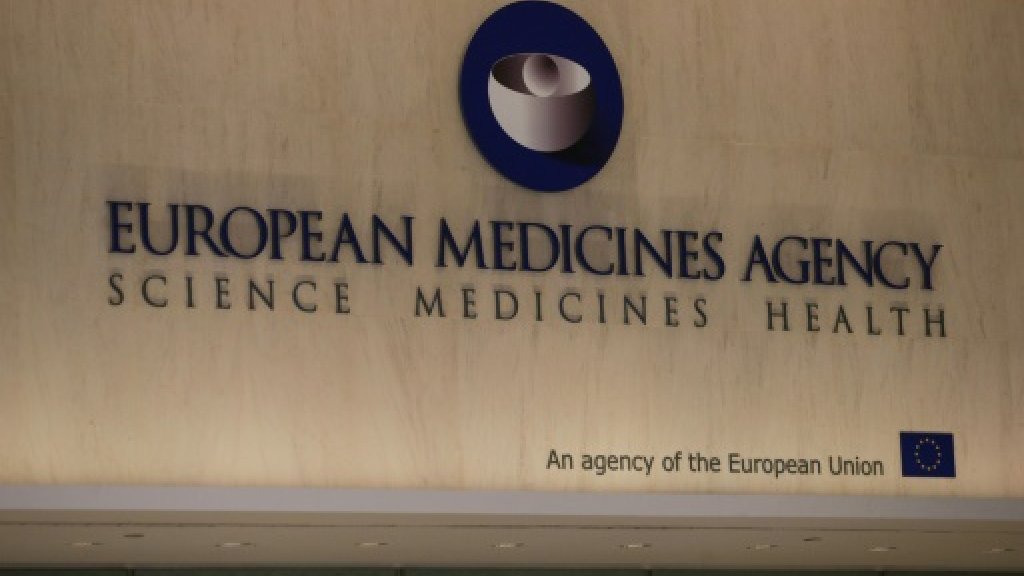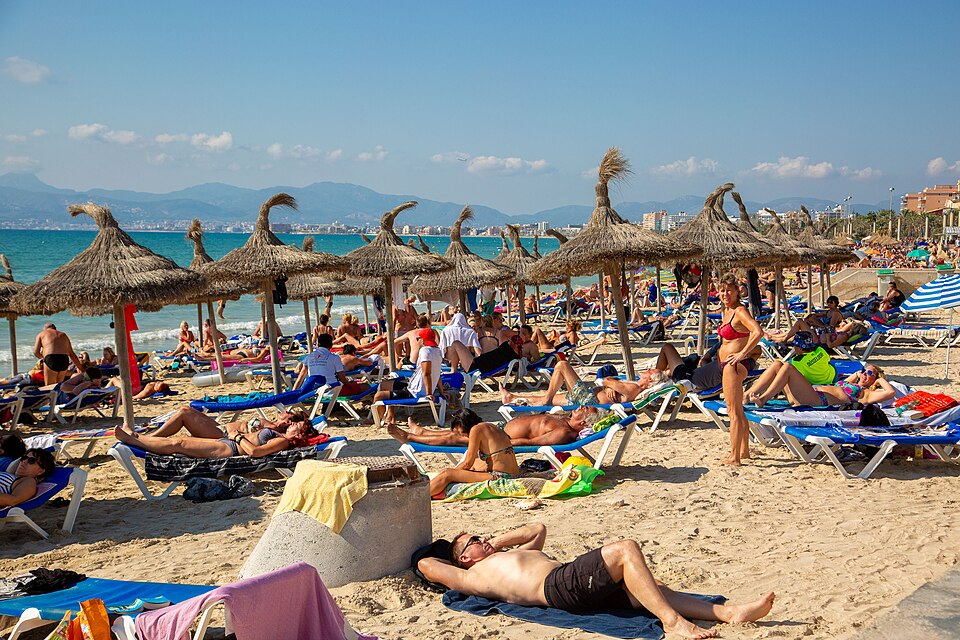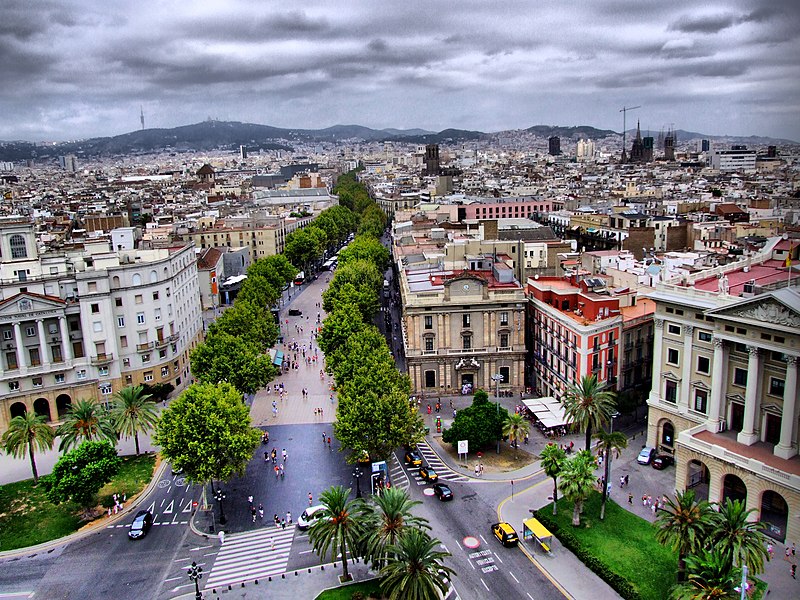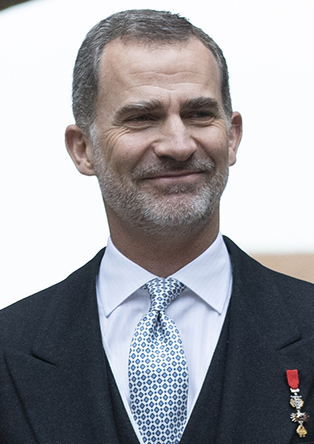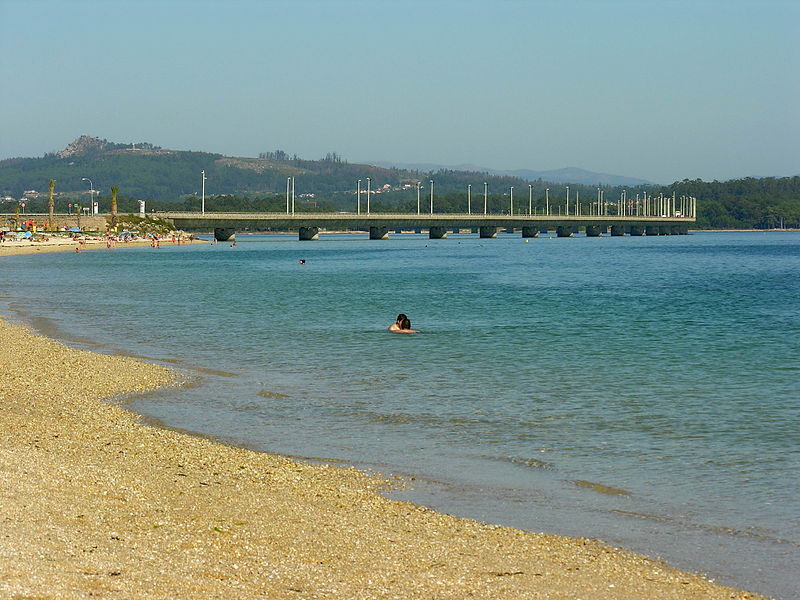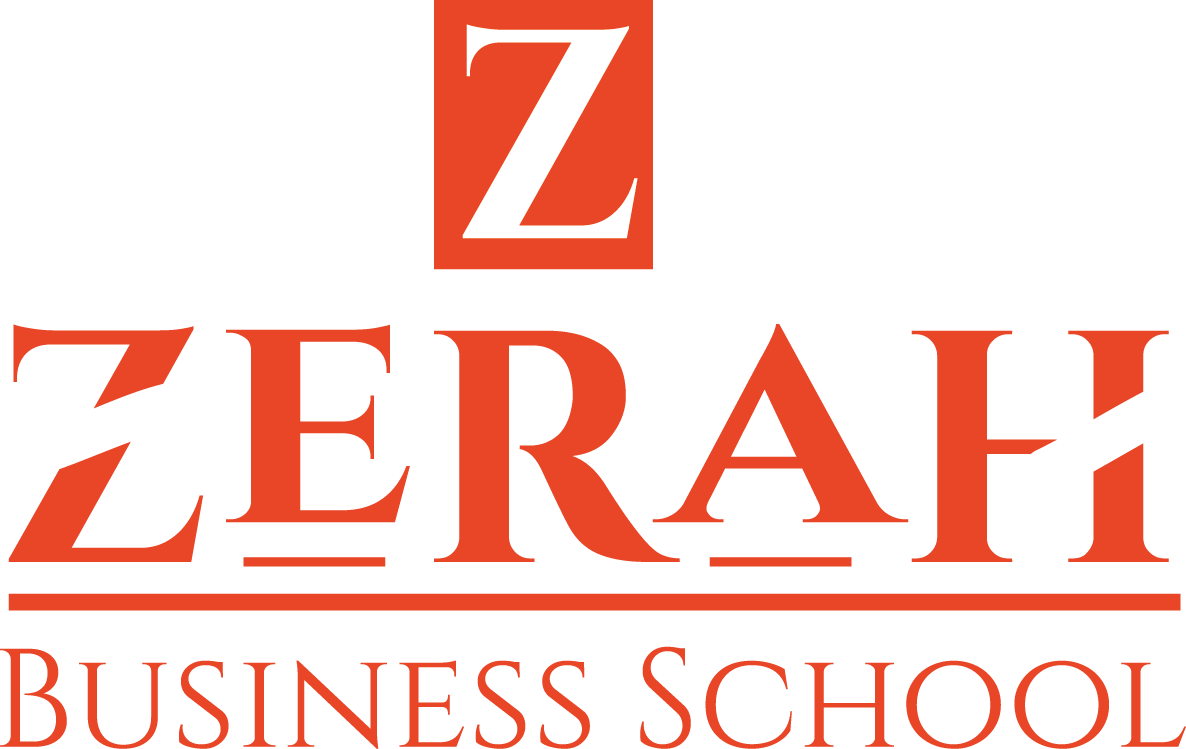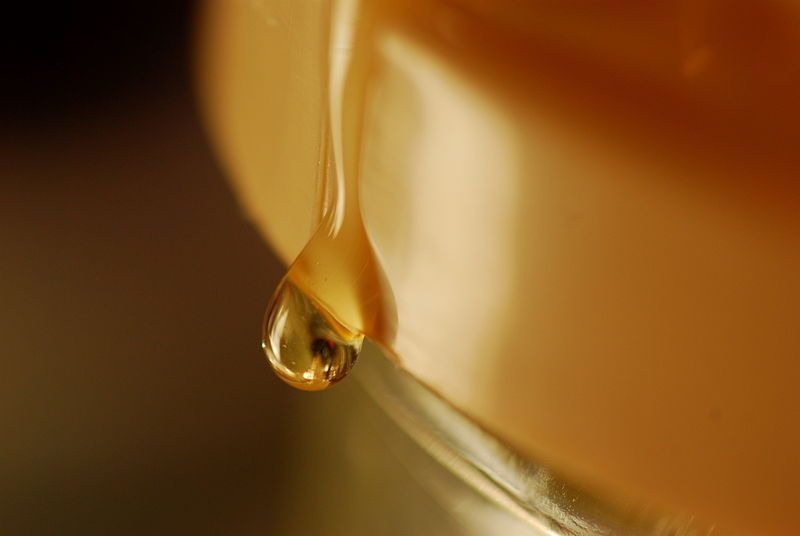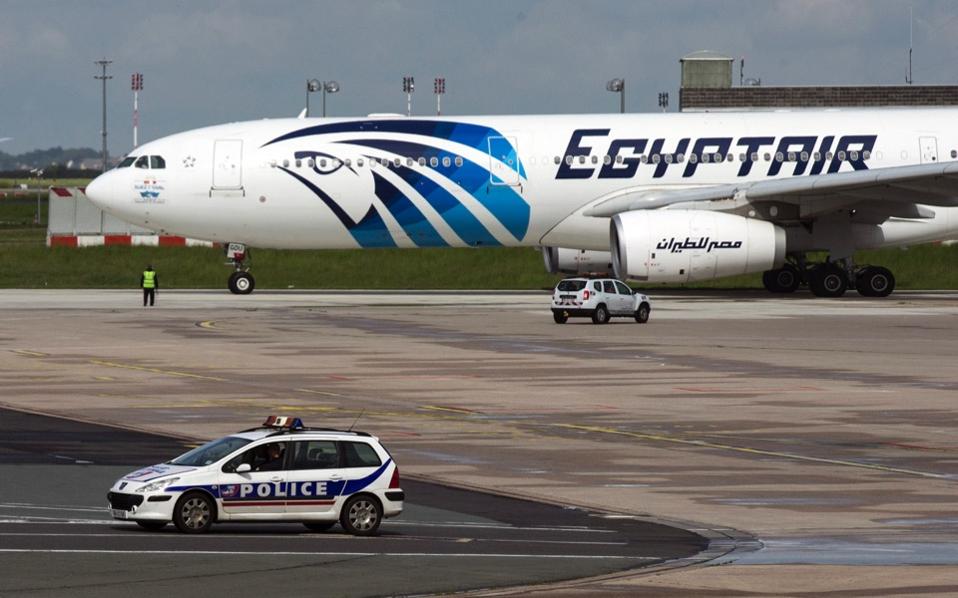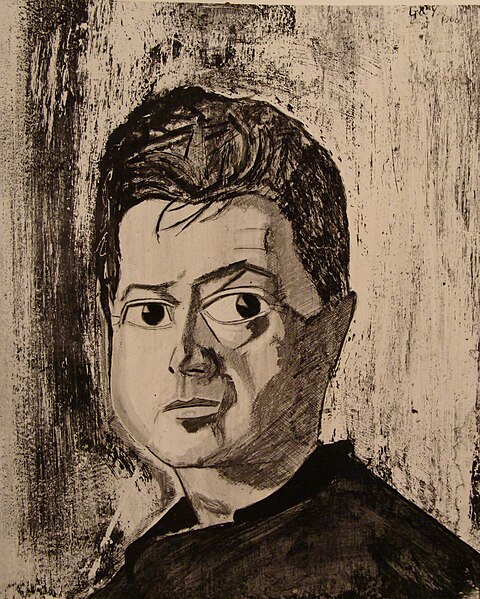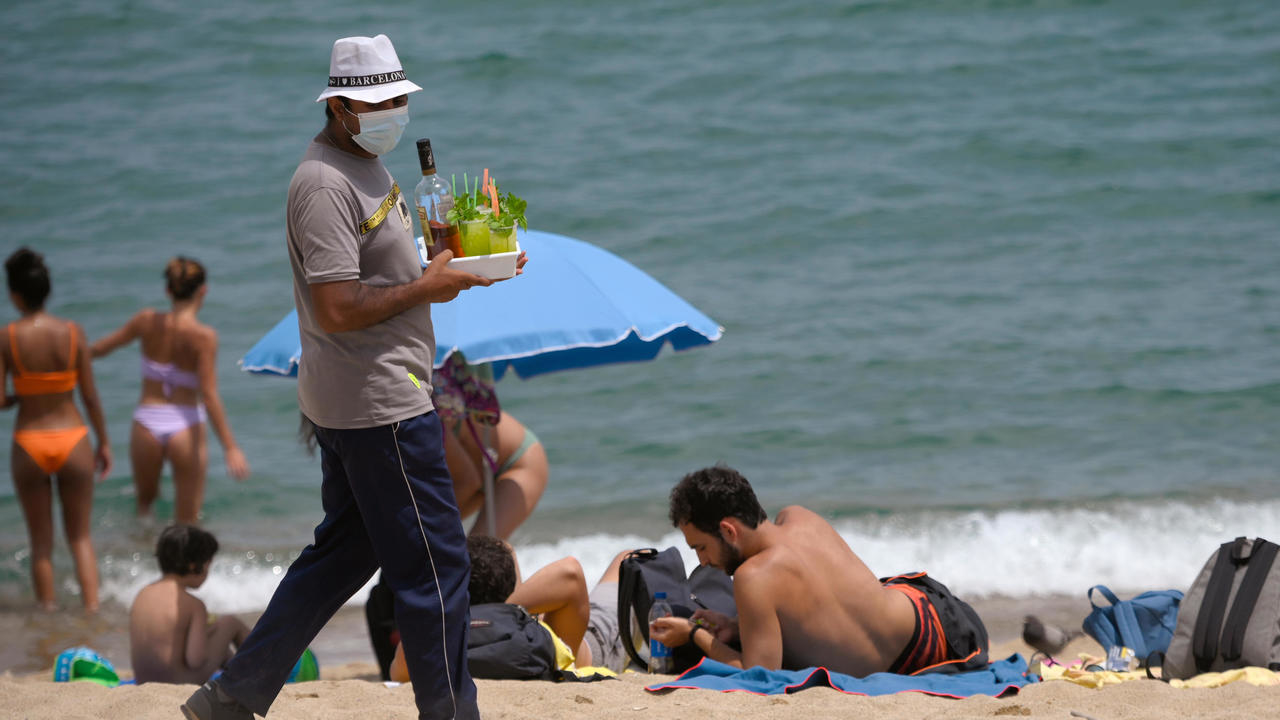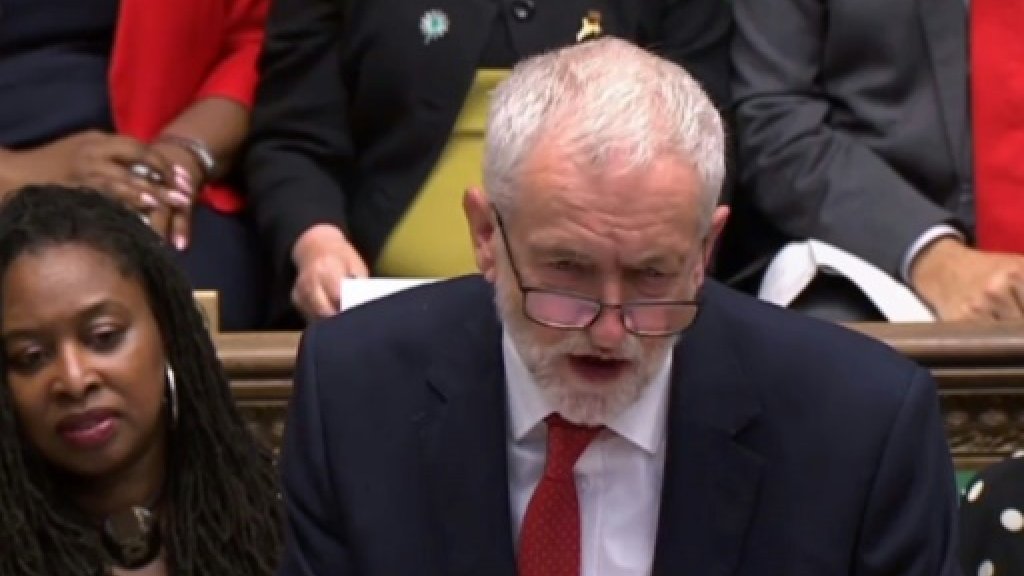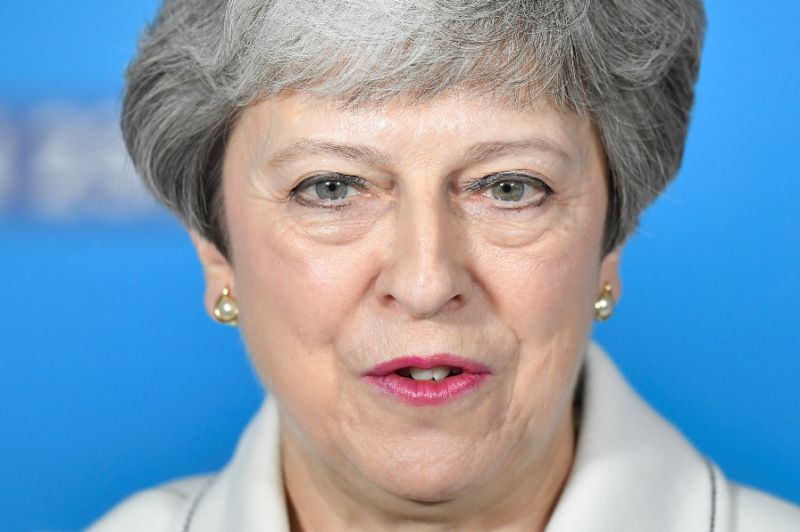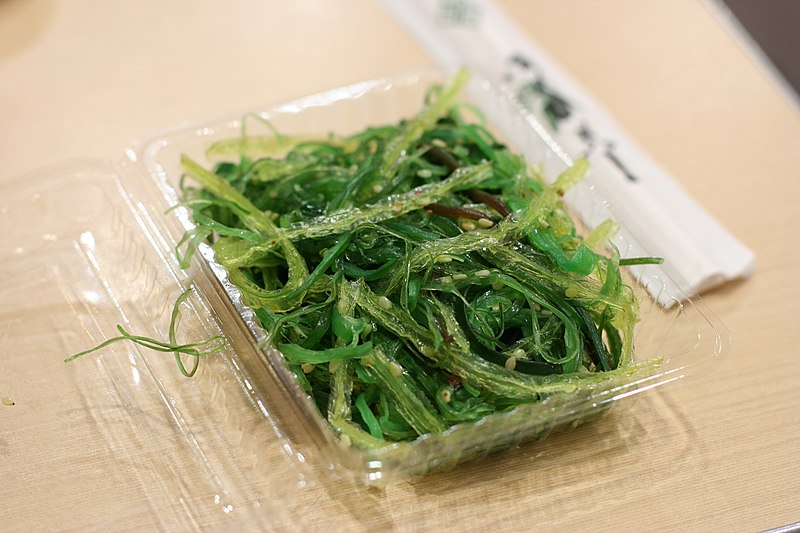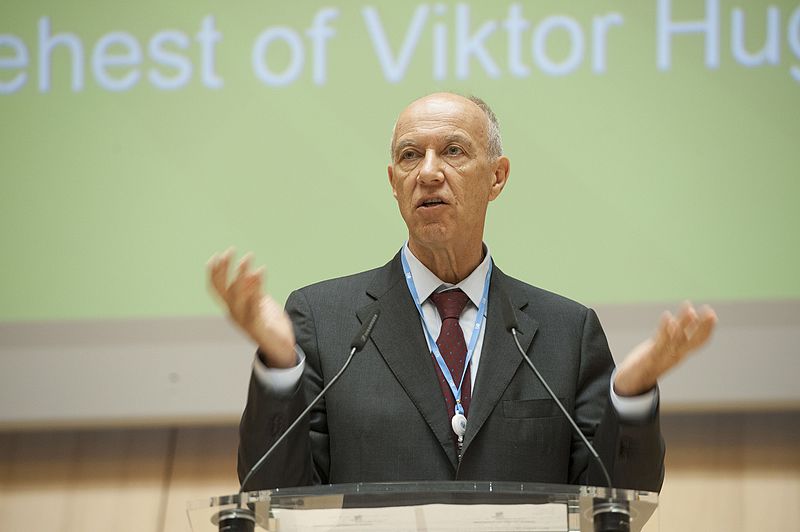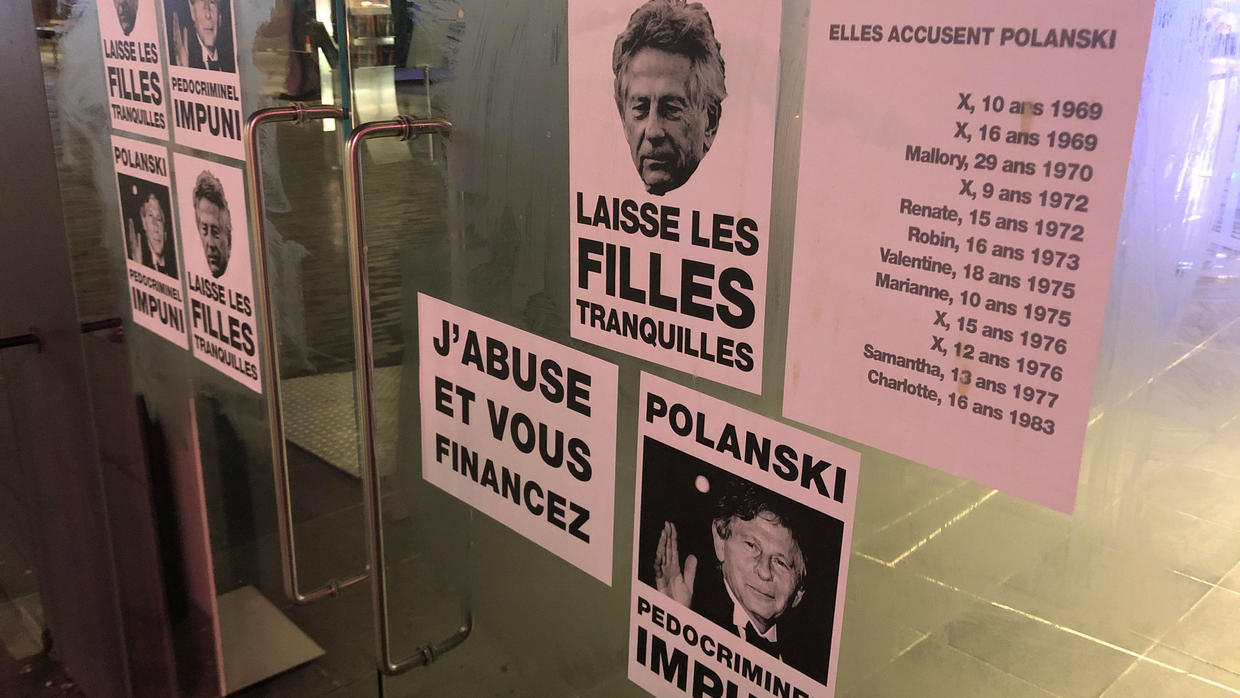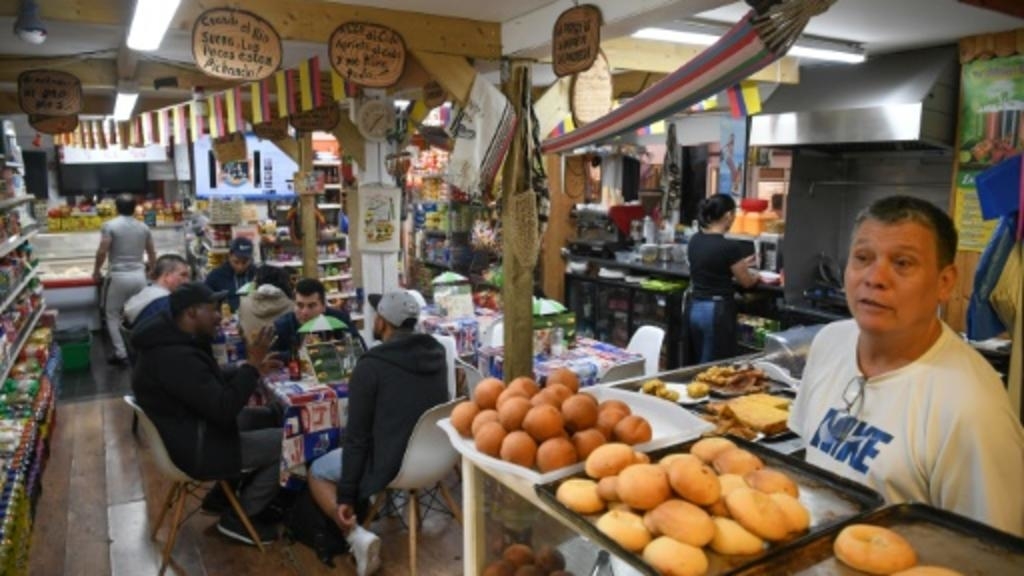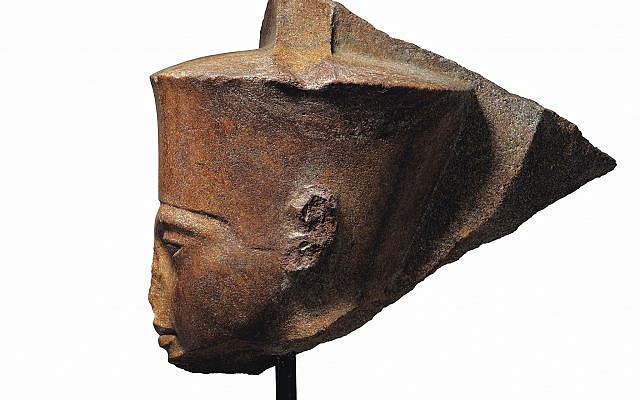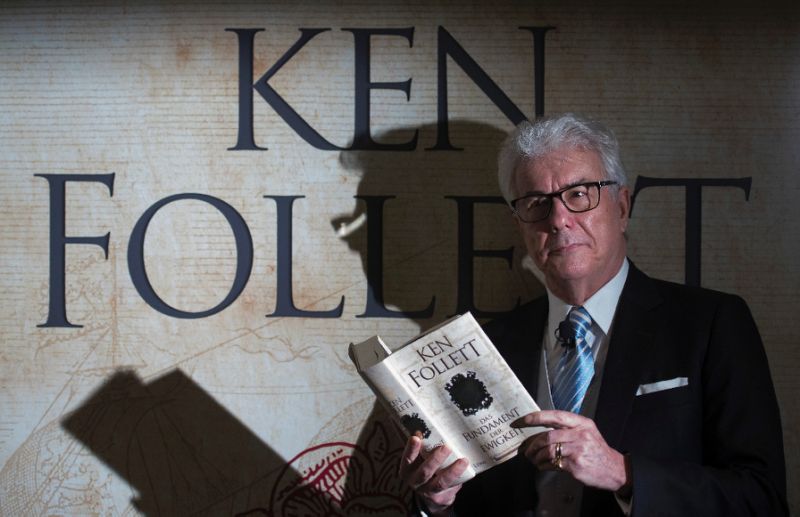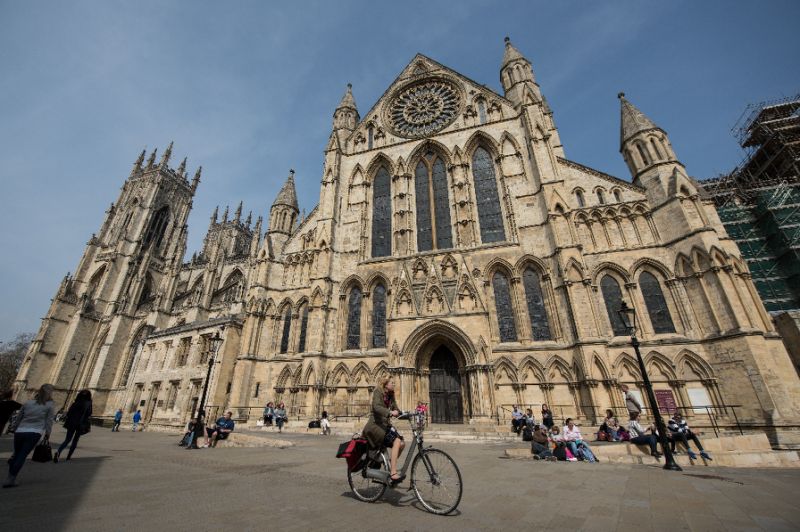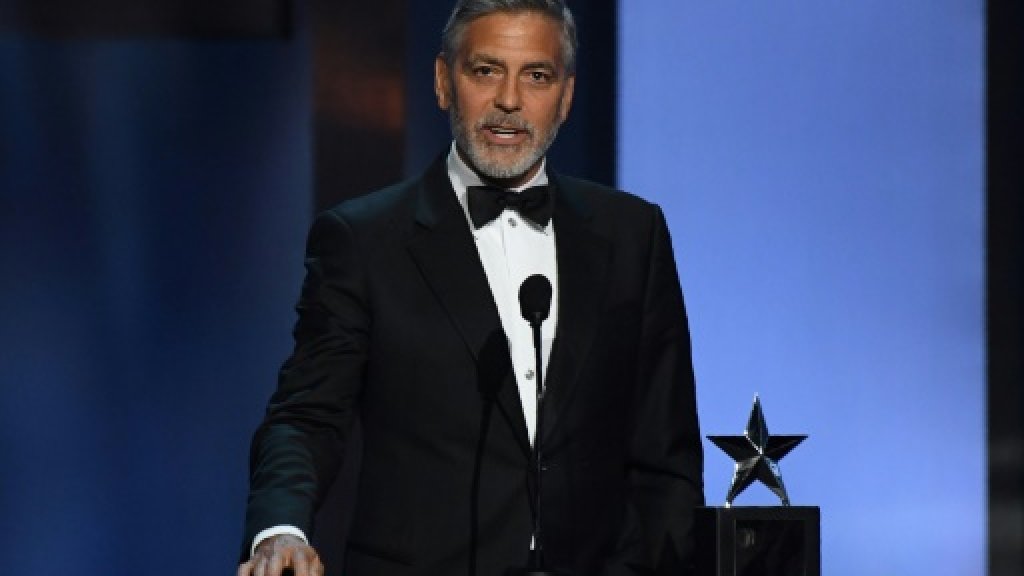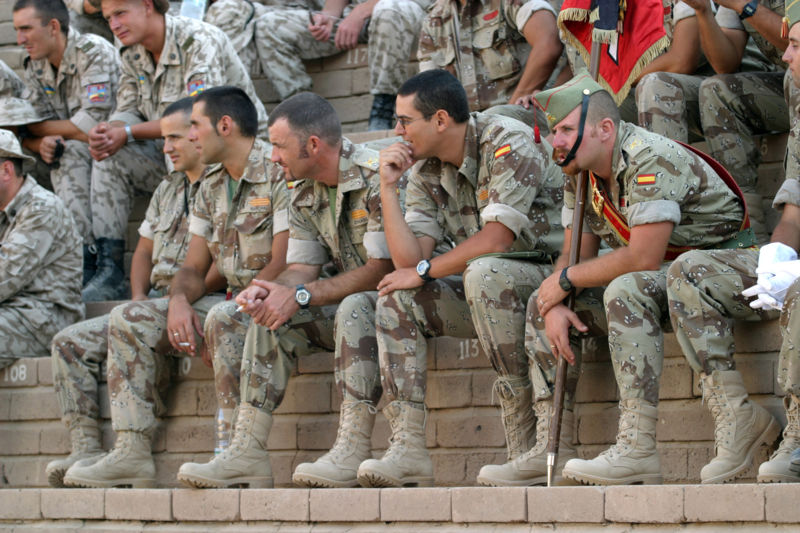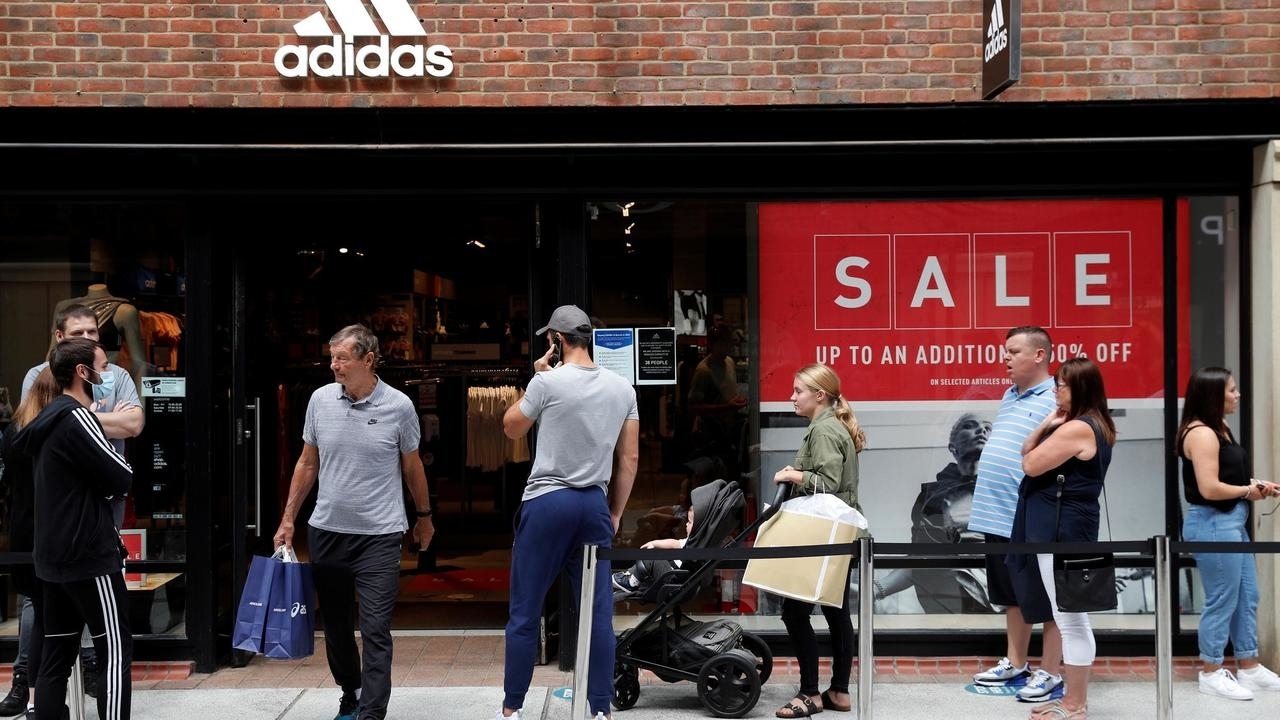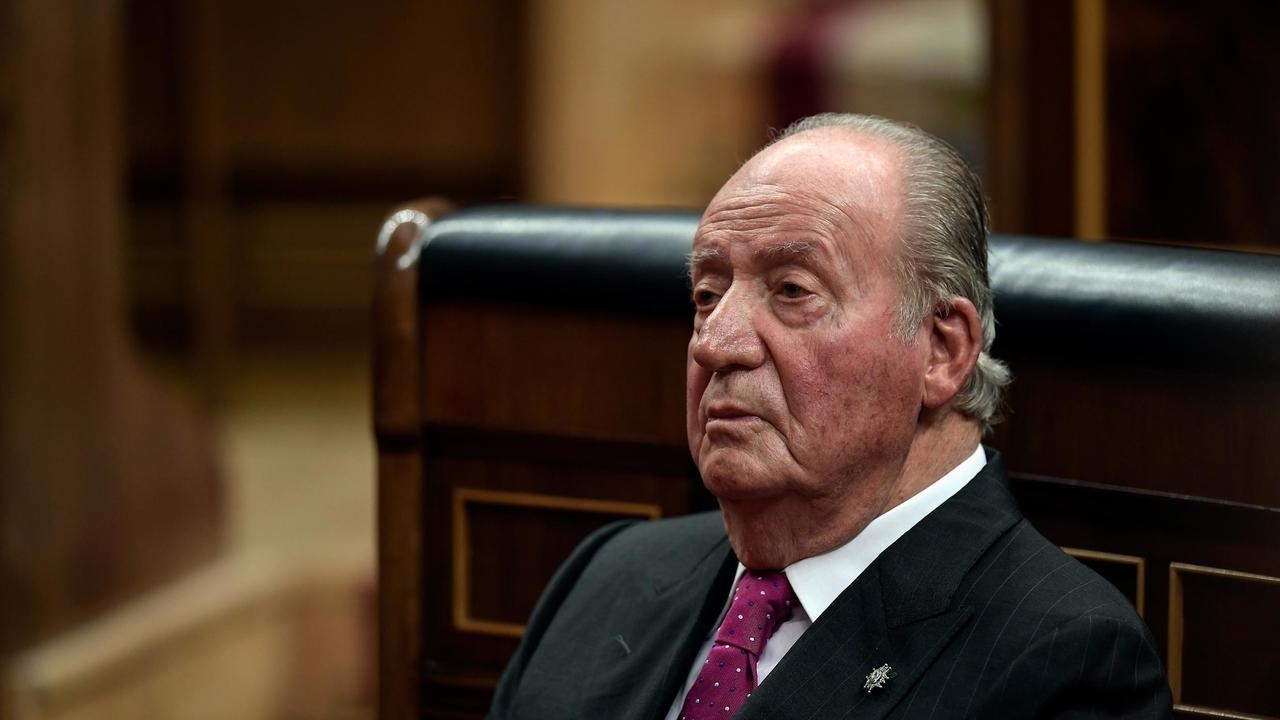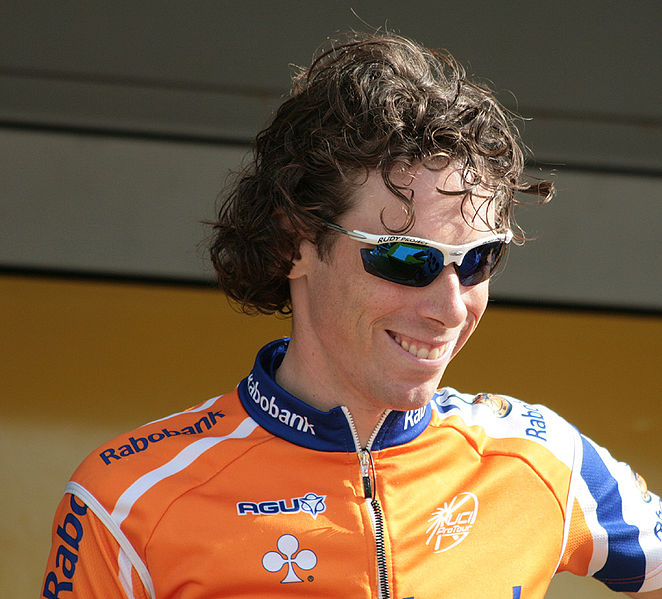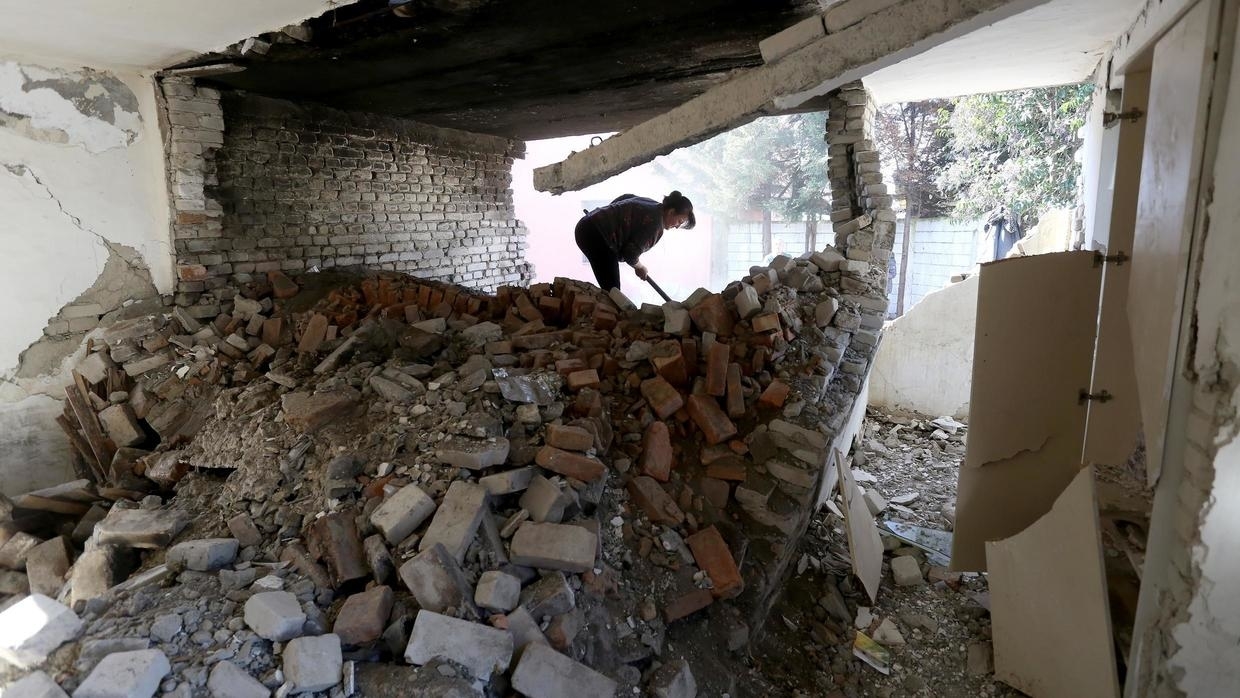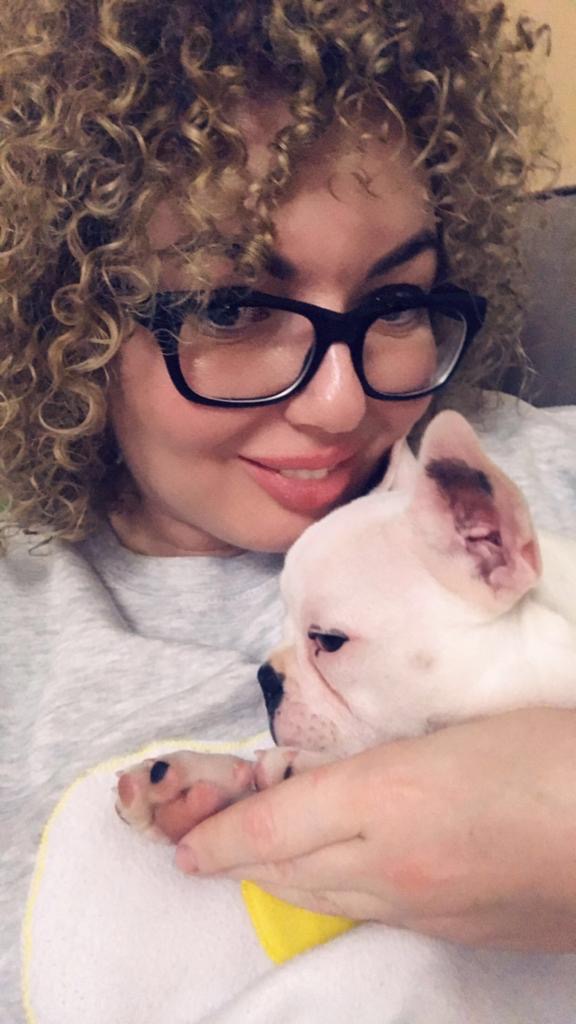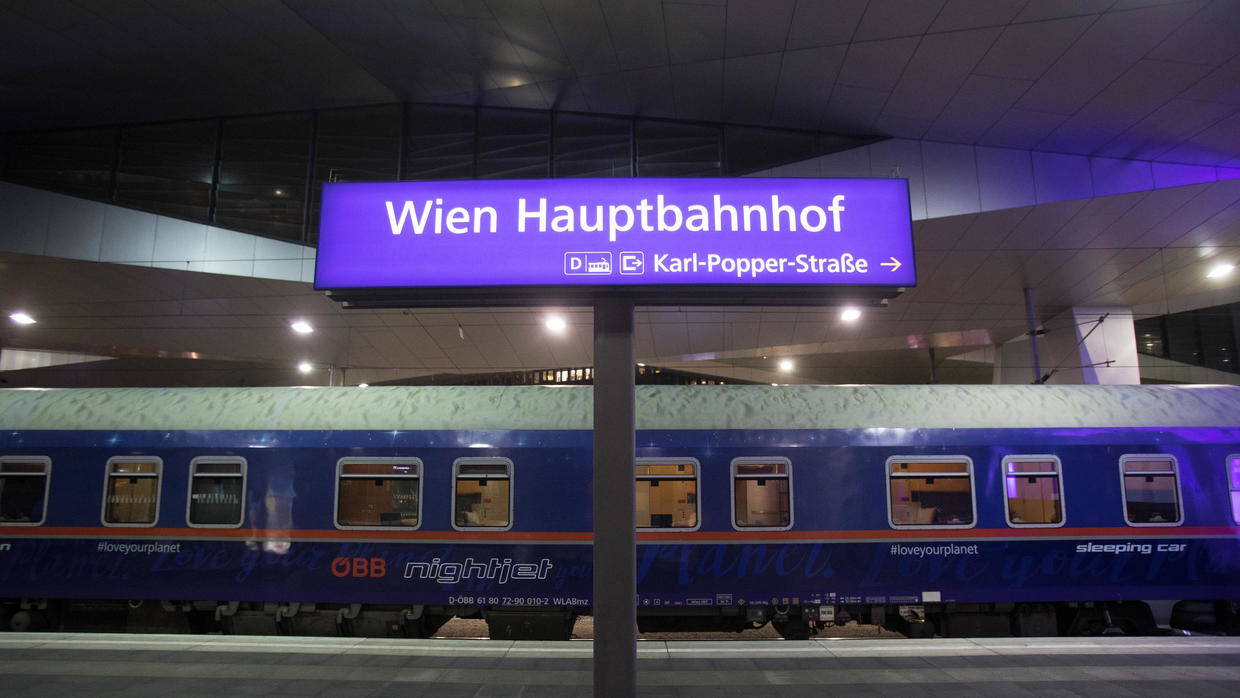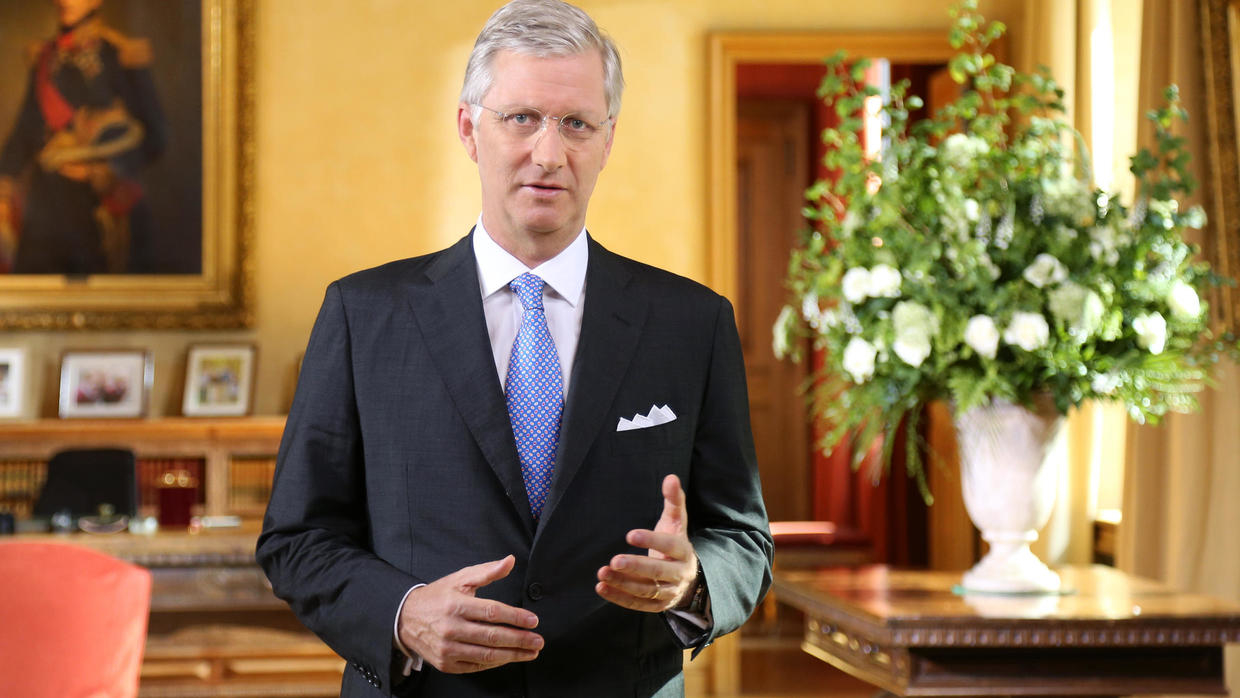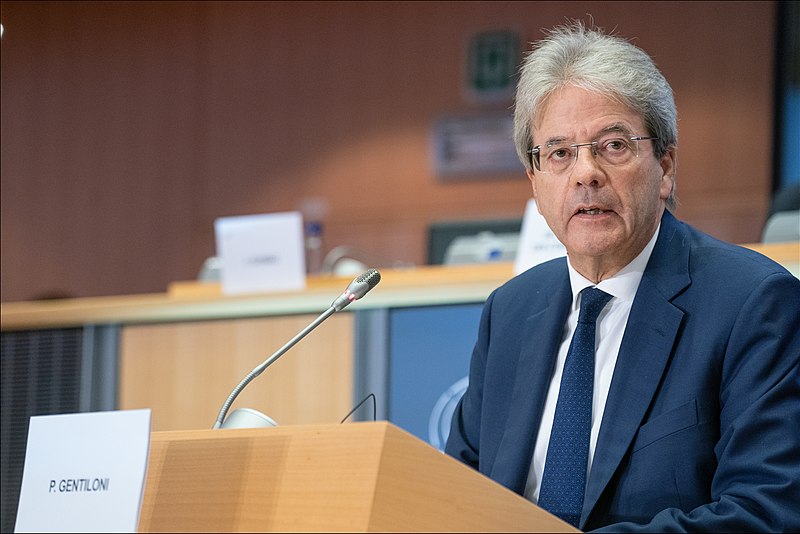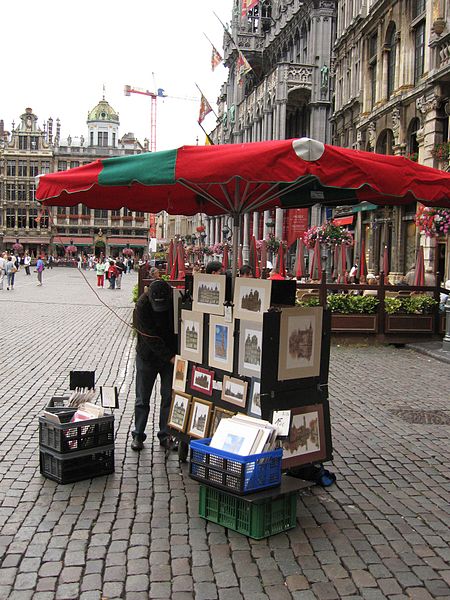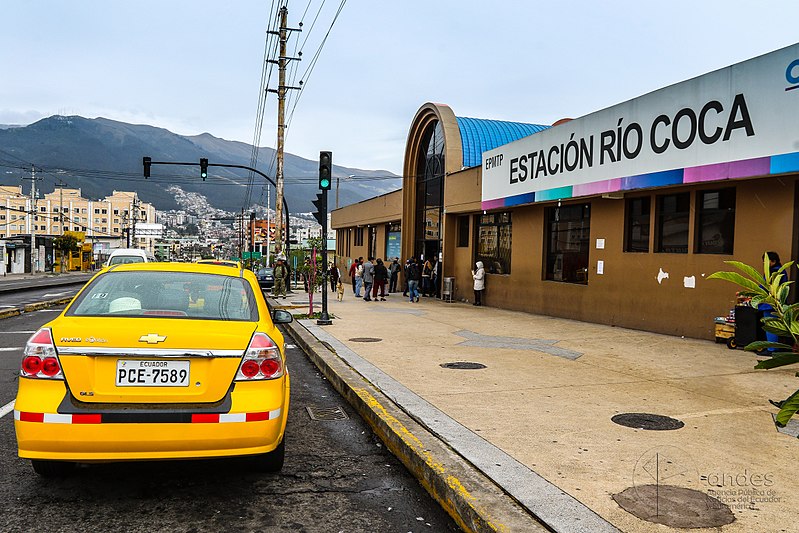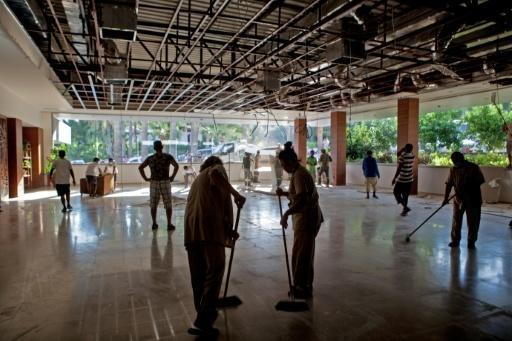
Bloodlines bind them to people on opposite sides of a violent divide. One is the mother of a jailed jihadist, the other the mother of a victim wounded in a bloody 2016
attack in Brussels.
But these two Belgian women shared tears, and compassion, and finally an idea to write a book together to tell the world what unites them beyond the differences.
Fatima Ezzarhouni, a 48-year-old born in Morocco and raised since the age of four in the city of Antwerp where she works as a care assistant, said she "just clicked" with Sophie Pirson, a 61-year-old employee in a contemporary arts museum who lives in Brussels.
"We connected immediately," confirmed Pirson.
They met in 2018 in a therapy group started by clinical sociologists that brought together mothers of jihadists and of the victims of a wave of attacks that rocked Europe two years earlier.
The deadliest in Belgium occurred in the capital on March 22, 2016, when double attacks claimed by the Islamic State group killed 32 people and wounded 340 others.
Pirson's younger daughter Leonor, then aged 30, was travelling in a Brussels metro train that day when a suicide bomber in her carriage set off his bomb. More than a dozen people were killed. Leonor, mutilated and made deaf, ended up being treated for a long time in hospital.
- Living a 'nightmare' -
Sitting by her daughter's bed in intensive care, Pirson said her thoughts turned "to the mothers of the bombers" that day.
"I said to myself, it must be horrible for them to to have their son killed and nobody being able to understand the pain those mothers were going through," she told AFP.
Ezzarhouni's son Abdellah Nouamane wasn't involved in those Belgian attacks. But he was an IS jihadist. Recruited online aged 18 while in Antwerp, he left without word for Syria in 2013 to join the so-called "caliphate".
Ezzarhouni said that since then she has lived "a nightmare" over the fate of her eldest child.
In 2018, a telephone caller said Nouamane had been killed in Syria. But a year later a Belgian TV crew tracked him down to a Kurdish-run prison where he was held with other IS fighters.
Nouamane told them he "regretted" his decision to become a jihadist and wanted to return to Belgium, where he has been convicted in absentia on terrorism charges. He remains locked up in northeast Syria with little chance of repatriation.
Ezzarhouni said the bits of information she gets about her son are rare and sometimes contradictory -- especially about "the two children he had with a Dutch woman. I have no idea where they are."
Today, she also spends part of her time speaking in schools about her experience as the mother of a radicalised Islamist.
- Friendship from tragedy -
After meeting at the therapy session, the two women discovered, beyond their anguish, shared values that have forged a new bond.
They have built their common esteem for being welcoming and open, and of their status as grandmothers into a friendship -- a relationship that could serve as a platform to pass on something positive from the tragedies they have lived.
"If we have been able to come together to write this book, with our differences, with what has happened to each of us, I hope that it will make people think about what we can do together today to fight barbarism," Pirson said.
"For me, it's to pass on a message," added Ezzarhouni, who said she gave more of herself than she ever had before to write the book, confiding to her friend painful secrets she had long kept hidden.
Their book is a collection of joint interviews between the two women. They hope to have it published in March, in time for the fourth anniversary of the Brussels attacks.afp

